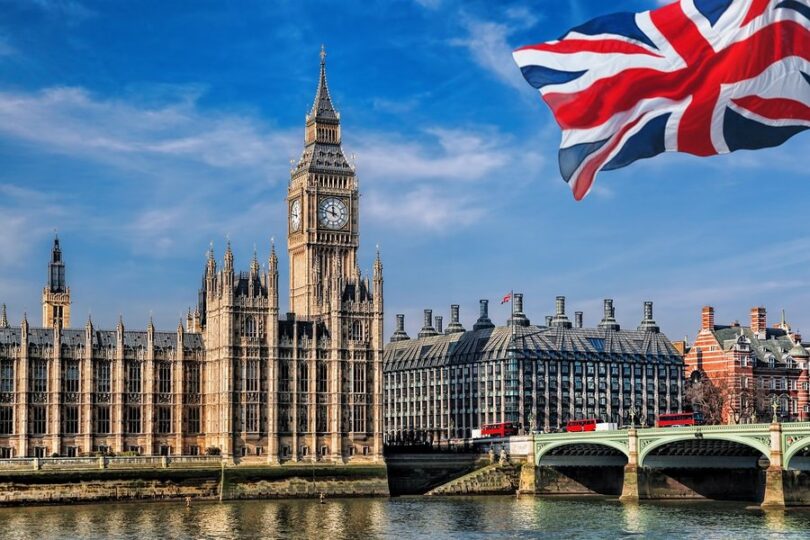Tuition fees may increase for international students in the United Kingdom (UK) in line with inflation.
This announcement was made by the Secretary of State for Education, Bridget Phillipson.
On the other hand, she stated that it is unlikely that there will be any potential increase for domestic (home students) tuition fees, which has remained almost unchanged since it was increased to £9,000 in 2012, and rising later to £9,250 in 2017.
She also emphasized that universities in England experiencing severe financial difficulties should not anticipate a government bailout, despite warnings from the sector about thousands of job losses, course closures, and potential bankruptcies.
The new Labour government however will maintain the graduate route which will allow international students to apply to stay in the UK and work, or look for work, upon graduation.
Phillipson acknowledged the significant impact international students have on the local economy and regeneration efforts, emphasizing the ‘soft power’ and global reach these students provide as they return home after their studies.
“What we had under the Conservatives was a fascination and fixation with picking fights with the sector completely needlessly, just using universities as a source of cheap headlines.
“That is now at an end but we need to get the regulation right,” she added.
Tuition fees may be raised as a result of the UK’s university funding crisis which has increasingly gaining attention from the mainstream media, noting that it has forced 66 universities—over a third of the sector—to cut jobs and courses.
“Universities are autonomous and there are expectations around how they manage their budgets, I would expect them to do that without seeking any calls on the taxpayer.
“We need to see a sharper focus on the regulation of our sector to make sure that universities are on a firm footing,” Phillipson indicated.
Earlier this year, UK study visa applications fell to record lows after the previous government implemented rules banning master’s taught students from bringing dependents.
The UK’s appeal was further diminished by the government’s review of the Graduate Route and negative messaging surrounding migration and international students.
“The biggest difficulty for universities this year has been caused by the fast downturn in student numbers,” Viviene Stern, chief executive of Universities UK, said on the program.
“The government needs a positive statement that universities are welcome and that the graduate route is going to stay,” added Stern.
The UK’s university funding crisis is increasingly catching the attention of the mainstream media. For instance, Sunday Times called the situation a “catastrophe” that has forced 66 universities – more than a third of the sector – to cut jobs and courses.
According to Universities UK, which represents 142 institutions, approximately 70 universities are actively implementing cost-saving measures, including job and course cuts.
Goldsmiths, University of London, is among those affected, with 97 redundancies, alongside the universities of Lincoln, Huddersfield, and Central Lancashire. Universities UK anticipates that “nearly all” universities will be compelled to make savings by the end of the year.
As TheWitness reported earlier, the real value of student fees significantly decreased due to inflation.







